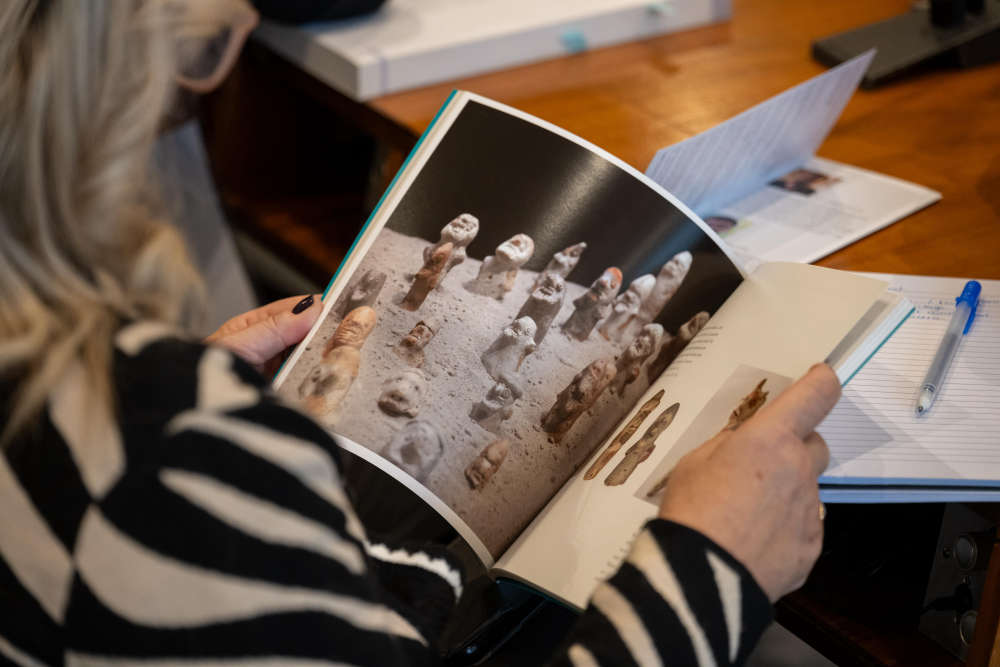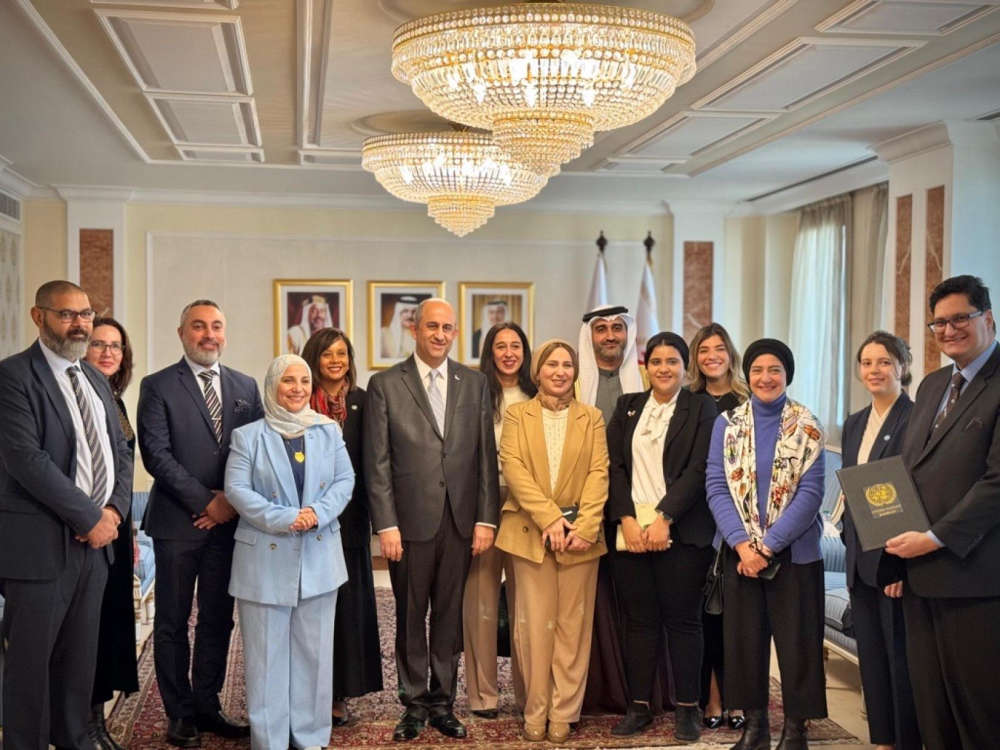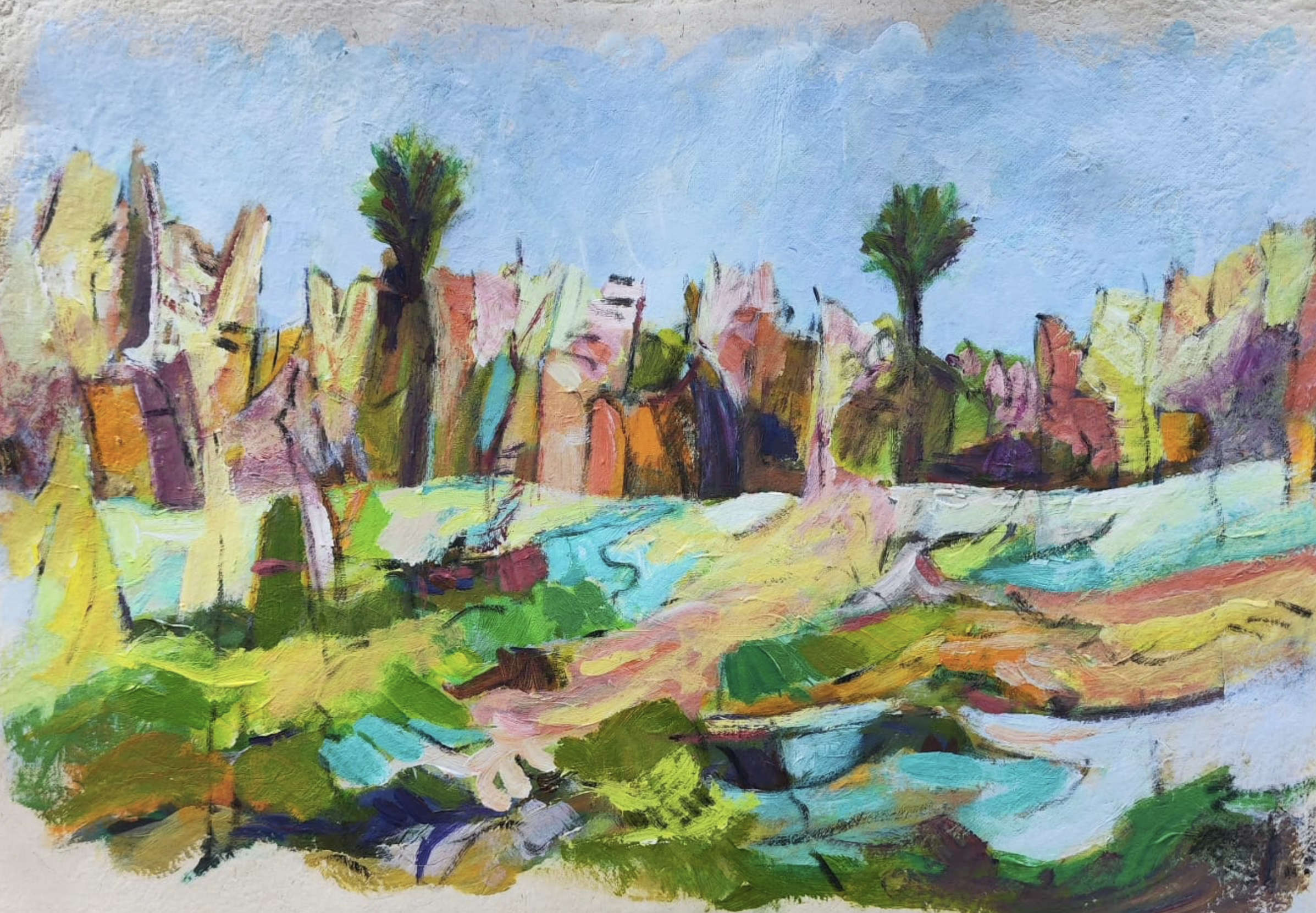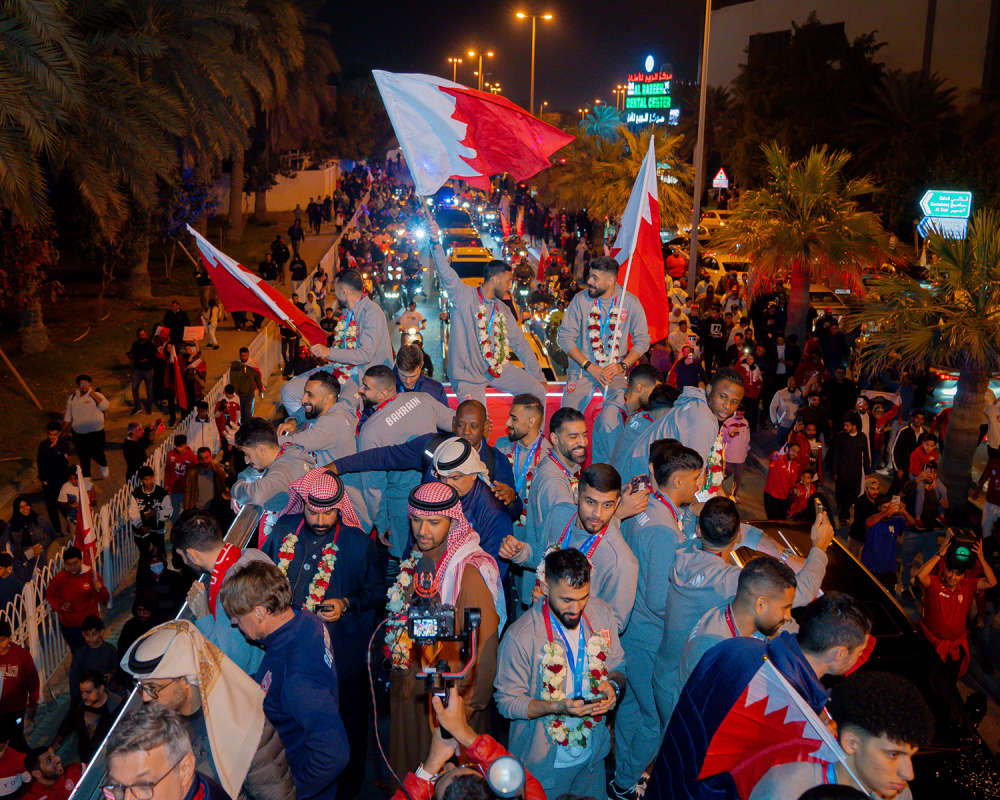
A fascinating era of the region's history, with all its traces and tales, has been brought back into the spotlight through the symposium “The Culture of Tylos: Hellenistic Archaeology in Bahrain.”
The event, held on November 26 at the UNESCO headquarters in Paris, provided a unique opportunity for people to explore a distinctive chapter in the cultural and economic history of the kingdom, which served as a meeting point between East and West during the Hellenistic period.
The symposium was organised by the Bahrain Authority for Culture and Antiquities and the Greek Ministry of Culture, in cooperation with the Permanent Delegations of Bahrain and Greece to UNESCO, as well as the embassies of both countries in Paris.
It was attended by His Excellency Shaikh Khalifa bin Ahmed bin Abdullah Al Khalifa, president of the Bahrain Authority for Culture and Antiquities; Audrey Azoulay, UNESCO’s director-general; His Excellency Mr Essam Abdulaziz Al-Jassim, ambassador of Bahrain to Paris and permanent delegate of Bahrain to UNESCO; and His Excellency Georgios Koumoutsakos, permanent delegate of Greece to UNESCO.
“This symposium on the Tylos civilisation aligns with our vision to elevate Bahrain’s monumental position as a cultural, tourist, and economic hub, bringing together diverse civilisations,” said Shaikh Khalifa. “By highlighting the deep historical ties between Bahrain and the Greek world, we reaffirm the importance of culture in building bridges of international cooperation. The rich history of Tylos is not only part of our past but serves as an inspiration for the present and the future.”
Ms Audrey commended the symposium and highlighted Bahrain’s unique historical significance as a land that has hosted diverse civilizations, from the Dilmun and Tylos eras. She also noted its remarkable achievement of having three UNESCO World Heritage Sites.
Mr Georgios underscored the importance of initiatives like this symposium in today’s world.
The symposium was moderated by Rashad Faraj, director of the Arab Regional Centre for World Heritage, and featured a panel of renowned international experts in the fields of archaeology, Hellenistic history, and cultural anthropology. Dr Pierre Lombard, honorary researcher at the National Centre for Scientific Research and former director of the French Archaeological Mission in Bahrain, discussed Tylos as a prime example of Hellenistic influence in the Gulf.
Dr Sophia Zoumbaki, research director at the Department of Greek and Roman Antiquity of the National Research Foundation, explored the cultural and economic relations between Tylos and the broader Greek world.
Dr Pierre-Louis Gatier, research director at the National Centre for Scientific Research, shed light on Greek inscriptions discovered in Bahrain.
Dr Julien Cuny, curator at the Louvre Museum, presented the Tylos necropolis of Abu Saiba in Bahrain and its archaeological significance.
For centuries, Bahrain was a vibrant commercial and cultural centre, connected by complex networks of global trade extending from Syria and Egypt to India. The discovery of burial mounds in northern Bahrain offered archaeologists a unique opportunity to examine artefacts, jewellery, and pottery inspired by both local and Hellenistic traditions, reflecting a cultural fusion that continues to echo to this day.
The symposium also addressed the Greek inscriptions discovered in Bahrain, providing tangible evidence of the deep cultural interaction between the island and the Hellenistic world, alongside an examination of burial traditions that blended local characteristics with Hellenistic influences.
Furthermore, it explored the economic relations between Tylos and the Greek world, where the pearling trade flourished, cementing its position as a major global trading hub.


 Bahrain Darts Masters at the BIC
Bahrain Darts Masters at the BIC
 Together is better
Together is better
 Taking another shot
Taking another shot
 Turning a new leaf
Turning a new leaf
 BIC on a roll
BIC on a roll
 We are the champions!
We are the champions!













